
Ramana Maharshi (1879–1950) was an Indian spiritual master and sage who spent the largest part of his life teaching by the holy mountain Arunachala in Tiruvannamalai (Tamil Nadu, India).
His teachings were characterized by silence, stillness, Satsang, sitting at the Master’s feet, and answering the questions of those who visited him. He became a well-known spiritual teacher to the West, first popularized through the works of Paul Brunton (a British author of spiritual books), Somerset Maugham (a British novelist), Arthur Osborne (an English writer), and Maurice Frydman (an engineer who published the work I Am That from Nisargadatta Maharaj).

Ramana Maharshi recommended so-called Self-Enquiry (Nan Yar or Who Am I) as the most important way to remove ignorance and to achieve firmly abiding in Self-Awareness and attaining Spiritual Enlightenment or Spiritual Liberation.
To Ramana, Self-Enquiry (or Self-Inquiry) means the constant attention to the inner awareness of the “I” or the “I Am,” and trying to see where it comes from. According to Ramana, doing so, the I-thought will finally disappear completely by seeing it as “unreal.” Subsequently, full and absolute Self-Awareness will establish itself, which is Self-Realization.
He’s considered an exponent of the Sudden Awakening tradition and Advaita Vedanta, although he also endorsed Bhakti Yoga (the Yoga of complete surrender and devotion). By many, he’s also seen as the inspiration for the more Western based Neo-Advaita movement, although Ramana himself never made any claims in this direction.
Ramana Maharshi described “the Self” as the force and source from which all appearances manifest. The essence of his teachings is that the Self or the real “I” is a non-personal, all-inclusive awareness, being present always, and only completely prominent when the self-limiting inclinations of the mind have ceased. When this absolute awareness has become permanent, Self-Realization has been “achieved.”
Ramana also considered the Self to be surviving physical death, although not in the sense of reincarnation. Man’s true nature is simple being, liberated from unnecessary thoughts. With respect to Enlightened people (Jnanis) or Non-Enlightened people, Ramana claimed that thinking like that is incorrect and initiates dualism where there is none. To him there are no Jnanis or non-Jnanis, but only the Self, complete knowledge and absolute Self-Awareness (Jnana).

 Find themed health, wellness, and adventure holidays around the world.
Find themed health, wellness, and adventure holidays around the world.
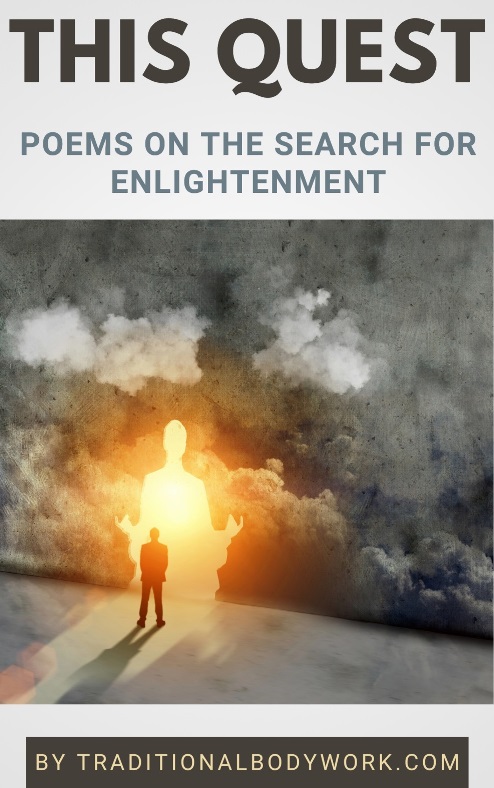


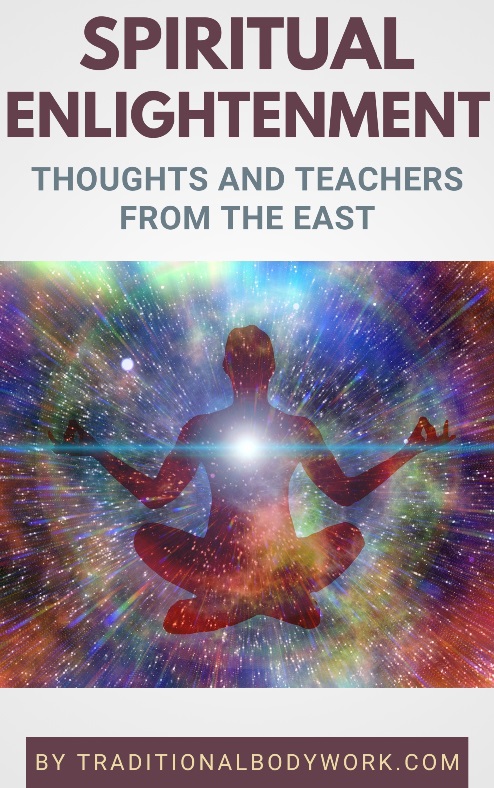
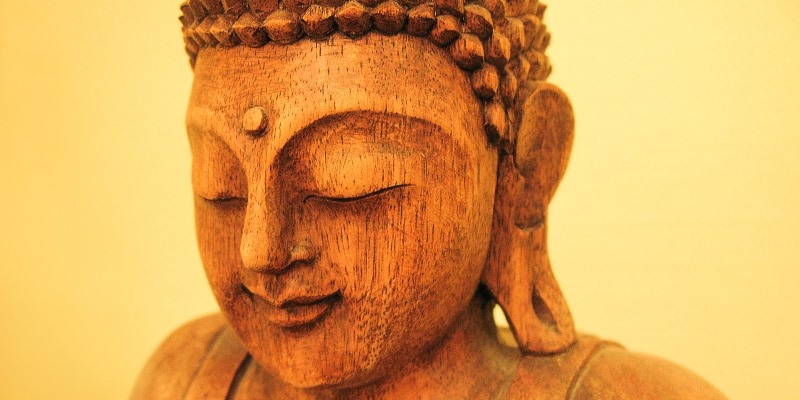


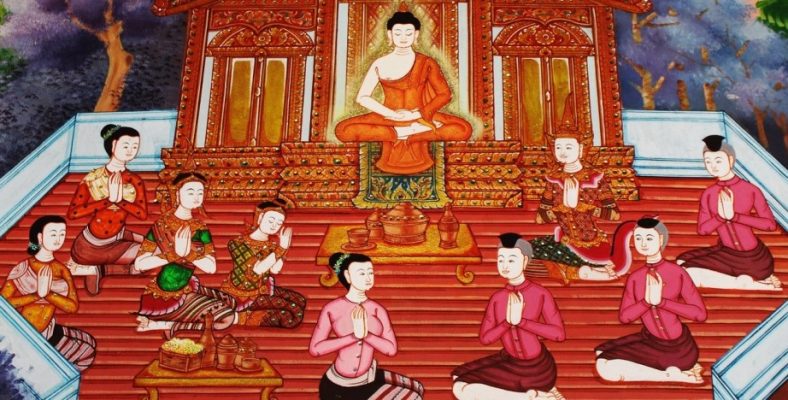




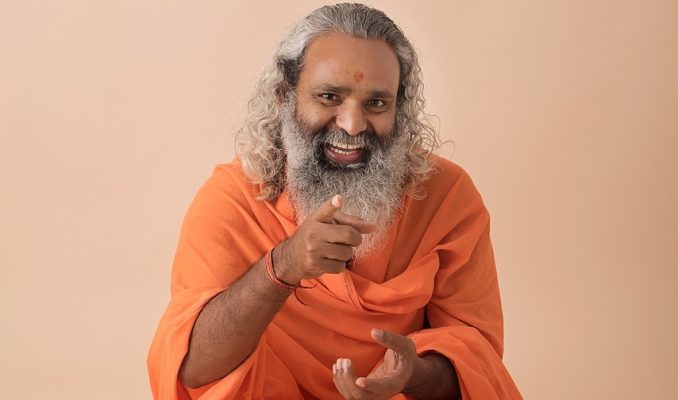

 Find themed health, wellness, and adventure holidays around the world.
Find themed health, wellness, and adventure holidays around the world.